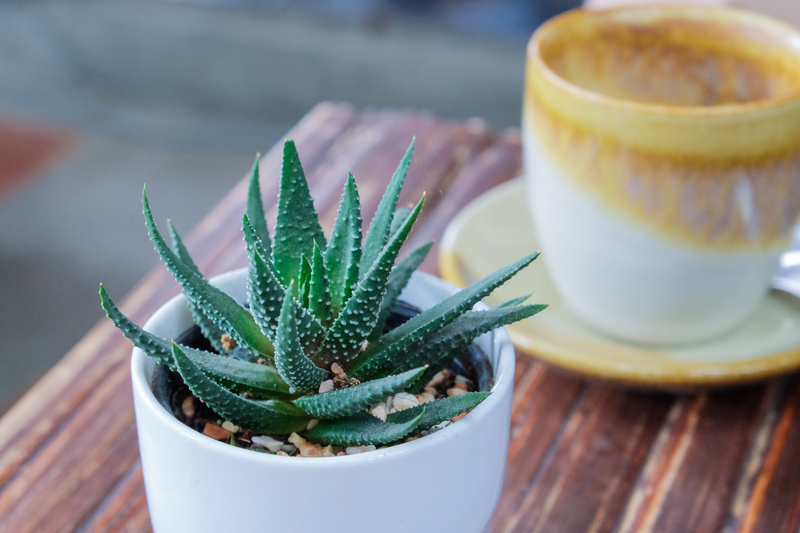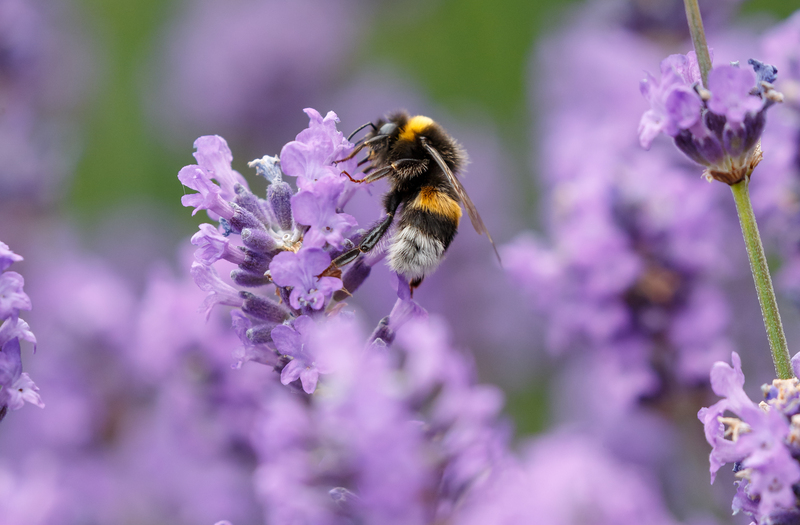Get Growing: 9 Crucial Gardening Tips Every Beginner Should Know
Posted on 27/05/2025
Welcome to the wonderful world of gardening! Whether you have a sprawling yard or a cozy balcony, the art of growing your own plants can be both inspiring and rewarding. For newcomers to gardening, the journey can be overwhelming at first. How do you ensure your plants thrive? What essentials must you keep in mind? In this comprehensive guide, we'll reveal nine crucial gardening tips every beginner should know, helping you to lay the foundation for a flourishing green space.
Why Start a Garden?
Before we dive into essential gardening tips, let's understand why gardening has enchanted so many. Gardening not only beautifies your environment but also provides:
- Fresh, organic food right at your doorstep
- Mental and physical health benefits, including stress relief
- An opportunity to connect with nature and foster environmental stewardship
- Learning experiences for all ages -- from kids to grandparents!
Ready to watch your thumb turn green? Let's get started!
1. Choose the Right Location
A successfully growing garden starts with selecting the best spot. Whether you're gardening outdoors or indoors, location is key.
Consider Sunlight
Most plants require at least 6-8 hours of direct sunlight daily. Watch where the sun falls in your yard or on your balcony throughout the day, then select your garden location accordingly.
Accessibility Matters
Choose a site that's easy to reach for watering, pruning, and harvesting. The closer your garden is to your daily path, the more likely you are to care for it regularly.
Soil Quality Counts
If you're gardening in the ground, make sure the soil is well-drained and rich in organic material. Consider raised beds or containers if native soil is poor.
2. Know Your Zone and Climate
One of the critical gardening tips for beginners is to understand your local climate. Each plant thrives in a specific temperature range and growing conditions.
Find Your USDA Hardiness Zone
Research your USDA plant hardiness zone to discover which plants are most likely to succeed in your region. Plant tags and seed packets often include zone information.
Consider Microclimates
Areas near buildings, fences, or water sources can have microclimates that differ from the general environment, favoring specific plant varieties.
3. Start with Easy-to-Grow Plants
For those new to gardening, it's wise to begin with low-maintenance, resilient plants. These will give you confidence and experience as your skills grow.
- Vegetables: Radishes, lettuce, zucchini, and beans
- Herbs: Basil, mint, parsley, and chives
- Flowers: Marigolds, sunflowers, pansies, and zinnias
Read plant tags or descriptions carefully to confirm their suitability for beginners.
4. Invest in Quality Garden Soil
Even the best gardening advice can't save a plant from poor soil. Soil is the foundation of your entire garden, affecting plant health, productivity, and resilience.
Test Your Soil
Home soil test kits are widely available and easy to use. Discover your soil's pH and nutrient levels, and amend as recommended for your chosen plants.
Add Organic Matter
Incorporate compost, aged manure, peat moss, or leaf mold to increase fertility, aeration, and moisture retention.
5. Water Smartly and Efficiently
Learning to water correctly can be a gardener's greatest challenge. Too much or too little moisture is a common reason plants struggle.
Water Deeply, Less Frequently
- Shallow watering encourages shallow roots.
- Water early in the morning to minimize evaporation.
- Invest in a soaker hose or drip system for efficient irrigation.
Avoid Overwatering
It's better for soil to dry slightly between waterings. Check moisture by sticking your finger an inch into the soil -- if it feels dry, it's time to water.
6. Practice Proper Plant Spacing
Crowded plants compete for water, nutrients, and light, often resulting in disease and poor harvests. Follow spacing guidelines on plant tags or seed packets.
- Allow air circulation to minimize fungal growth.
- Let roots expand naturally for vigorous growth.
A little restraint when planting will reward you with healthier, more productive plants.
7. Learn Basic Garden Maintenance
A thriving garden requires ongoing attention. Routine care helps prevent pests and diseases while encouraging robust growth.
- Weeding: Remove weeds regularly as they vie for resources.
- Pruning: Pinch or trim plants as recommended for shape and health.
- Mulching: Apply organic mulch to preserve moisture, suppress weeds, and regulate soil temperature.
Patience and persistence are hallmarks of a great gardener.
8. Watch Out for Pests and Diseases
Every gardener encounters pests and plant illnesses. Early identification and action prevent minor issues from becoming large problems.
Encourage Beneficial Insects
Ladybugs, lacewings, and bees help control harmful bugs and aid pollination. Grow diverse flowers to attract these allies.
Spot Signs Early
- Check plant leaves and stems for holes, spots, or discoloration.
- Act promptly with organic sprays or manual removal.
When in doubt, take a leaf sample to your local garden center or extension office for diagnosis.
9. Keep Learning and Have Fun
The best gardening tip for beginners is to treat every season as a learning experience. Your green space will teach you more than any book or blog ever could.
- Start a gardening journal to track successes and challenges.
- Connect with local garden clubs or online forums to share insights and seek advice.
- Experiment with new plants and designs each year.
Remember: Gardening is a journey, not a destination. Each seed you plant brings you closer to nature and deeper into the cycle of growth and renewal.


Frequently Asked Questions About Gardening for Beginners
What are the easiest vegetables to grow for beginners?
Some of the simplest--and most rewarding--vegetables for new gardeners include radishes, lettuce, cherry tomatoes, and bush beans. These plants are quick to mature, require minimal attention, and often provide a generous harvest even in small spaces.
How often should I water my garden?
The correct frequency depends on your climate, soil type, and specific plants. As a rule, deeply water your garden once or twice a week rather than giving light, daily water. Adjust as needed for extreme heat, rainfall, or container plants.
When should I start gardening?
Planting times depend on your region and what you intend to grow. Most annual vegetables and flowers are started in spring after the last frost. Perennials can sometimes be planted in fall or early spring.
Do I need a lot of space to start a garden?
Not at all! Many delicious veggies and beautiful flowers can thrive in pots, window boxes, or small raised beds. Urban gardening is on the rise, making it accessible for everyone.
Conclusion: Your Gardening Journey Begins Here
Embarking on your gardening adventure is both exciting and empowering. By following these 9 crucial gardening tips every beginner should know, you are setting the stage for lush growth, abundant harvests, and a newfound connection to the earth.
Remember, even the most seasoned gardeners started as novices. Enjoy every moment, celebrate your progress, and don't be afraid of a little dirt under your nails. Your personal oasis awaits--so get growing!
Have more gardening questions? Drop them in the comments or visit our gardening guides for more in-depth tips, inspiration, and advice for beginners and beyond!
Latest Posts
Garden Success: Strategies to Handle Excessive Wind
Create a serene Zen garden to soothe your senses
Unveiling Effective Ways to Guard Your Garden Against Harsh Weather

